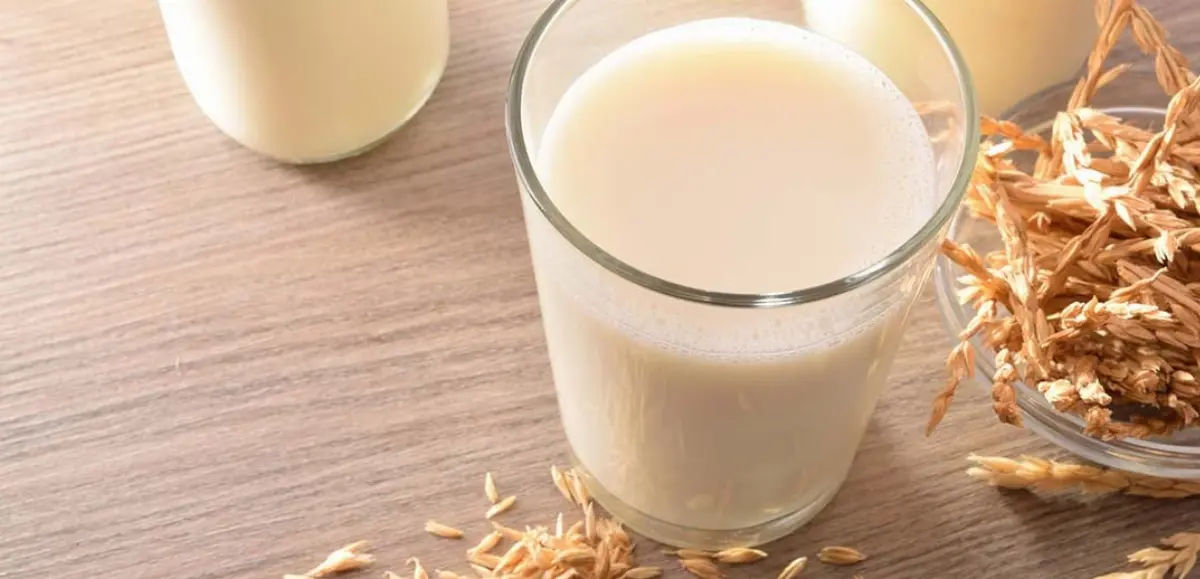
Nestlé signs the sugar revolution
The company has patented a method to reduce by 30% the presence in milk, malt and fruit juices

Nestlé presented a new technology for reducing sugar. The new technology, versatile and economical, would, according to the company, "have a minimal impact on taste and texture": using an enzymatic process, it would be able to reduce up to 30% the intrinsic sugar in ingredients such as milk, malt and fruit juices. It can therefore be applied to different categories of products, with advantages that go even beyond the mere reduction of sugar: the patented technology, in fact, can be used to produce skimmed-milk products with a low lactose content, while reducing total sugars.
Reduced sugar content ingredients can be used in recipes of various products and do not require the addition of sweeteners or bulking agents to replace the volume of sugar eliminated: moreover, when the sugar reduction method is applied to milk products, it increases prebiotic fibers. Initial clinical studies have shown that fibers promote the growth of several types of beneficial bacteria, leading to a favorable microbiome composition in healthy adults.
"Reducing sugar throughout our entire portfolio remains a top priority -says Stefan Palzer, chief technology officer at Nestlé-. This new technology represents a real step forward, as it allows us to reduce sugar without adding sweeteners, while maintaining an excellent taste, all with a minimum increase in costs. In addition, our scientists have found that reducing sugar generates prebiotic fibers that support the microbiome, which is an additional benefit. We are now accelerating the global introduction in all formats and categories".
The reduction of sugar has been tested for the first time in ready-to-drink cocoa and malt drinks in South-East Asia: in the last year Nestlé has introduced it into the cocoa and malt beverage powder production lines, like Milo, in different countries of Asia, Africa and Latin America.Since 2021, the sugar reduction technology has been applied to more than 200,000 tons of cocoa and malt drinks: Nestlé said that other product categories, such as powdered dairy products, will follow.
EFA News - European Food Agency